A friend recently gave me a set of CD’s for homeschool. Each one shares about the life of a famous composer woven together with their music. I am completely captivated by these CD’s because the narrator will say, “that was when he found out his mother had taken ill and died.” And then they play the sweeping ballad that the composer wrote upon hearing this news while he was far away in another country. I love a good story and these CD’s are introducing me to classical music through story.
Most fascinating to me is how these famous composers discovered their gift—it was no accident they ended up as remarkable musicians. They were raised in very musical families that encouraged, supported and inspired their talent. And oftentimes, their own parents were their first teachers.
This is what the narrator said of Bach: “For more than two centuries, the Bachs, living in the German state of Thuringia had been a family of musicians. When somewhere in this region a good fiddler was heard, a fine organist, or a flutist, the people would say, ‘he is a real Bach, for sure!’
“The love and the talent for music seemed to be inherited in this family from one generation to the next. Then, in 1685, a boy was born who was destined to surpass all of his ancestors to become one of the greatest of all time: Johan Sebastian Bach.”
Isn’t that a fascinating thought? For more than two centuries, the name Bach was associated with fine musicians, before Johan Sebastian was even born!
The narrator goes on to tell of how Johan’s parents were also talented musicians themselves. They died when he was ten, so he went to live with his older brother, another gifted musician. He was always surrounded by music.
Similarly, Mozart’s father was a violinist and conductor of the archbishop’s orchestra and giving instruction to Wolfgang’s older sister. Mozart was clearly another prodigy, composing his first concerto for harpsichord when he was five. But it’s not like he just knew how to write notes on a staff! Wolfgang had obviously been listening intently, watching and observing and (with a splash of genius) left us some of the most glorious music of all time.
These stories have been so fascinating to me because it confirms the importance of the family for stewarding a child’s future. Rory is constantly talking about generational work, learning essential skills that we can pass along to our children, that they can pass along to their children. Through writing his book he has found many families doing this already: second-generation silversmiths, fourth-generation carpenters, and fifth-generation farmers. Or, musicians who learned first from their own folks.
It also takes a bit of the pressure off. I remember watching Olympic bobsled races when I was little. And I distinctly remember having this thought then, and every four years since: ”What if I am a remarkable bobsledder, but I’ll never know it because I have never even been in a bobsled?” I mean, what if that is my God-given gift?!
What we are finding, through Rory’s research and our own experience, is that gifts and talents are most effectively passed on within the context of family. It means that since my parents weren’t big in the bobsled community, I probably wasn’t going to end up winning any medals. But my dad is a pastor and a writer. My mom is a teacher and a gardener and a caregiver. All of those seeds have taken root in me!
Bach married and had four children before his first wife passed away. He remarried and had many more children, and it is said that many of his concertos were written for his own family to play together after dinner.
He wrote some of the most inspired music of all time, and there he was, doing what his parents had done before him: passing the gift of music on to his own kids.
This article was originally published in the Fall 2020 issue of The Grovestead Newsletter.










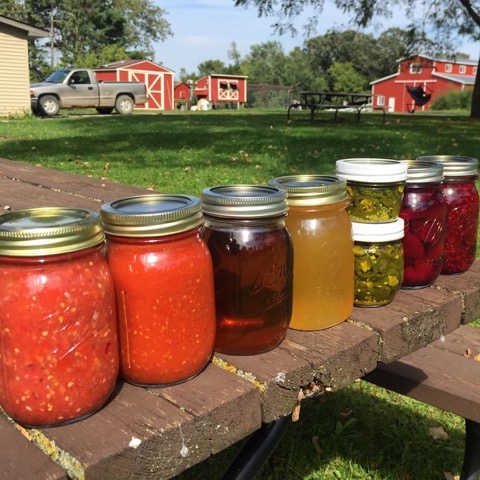


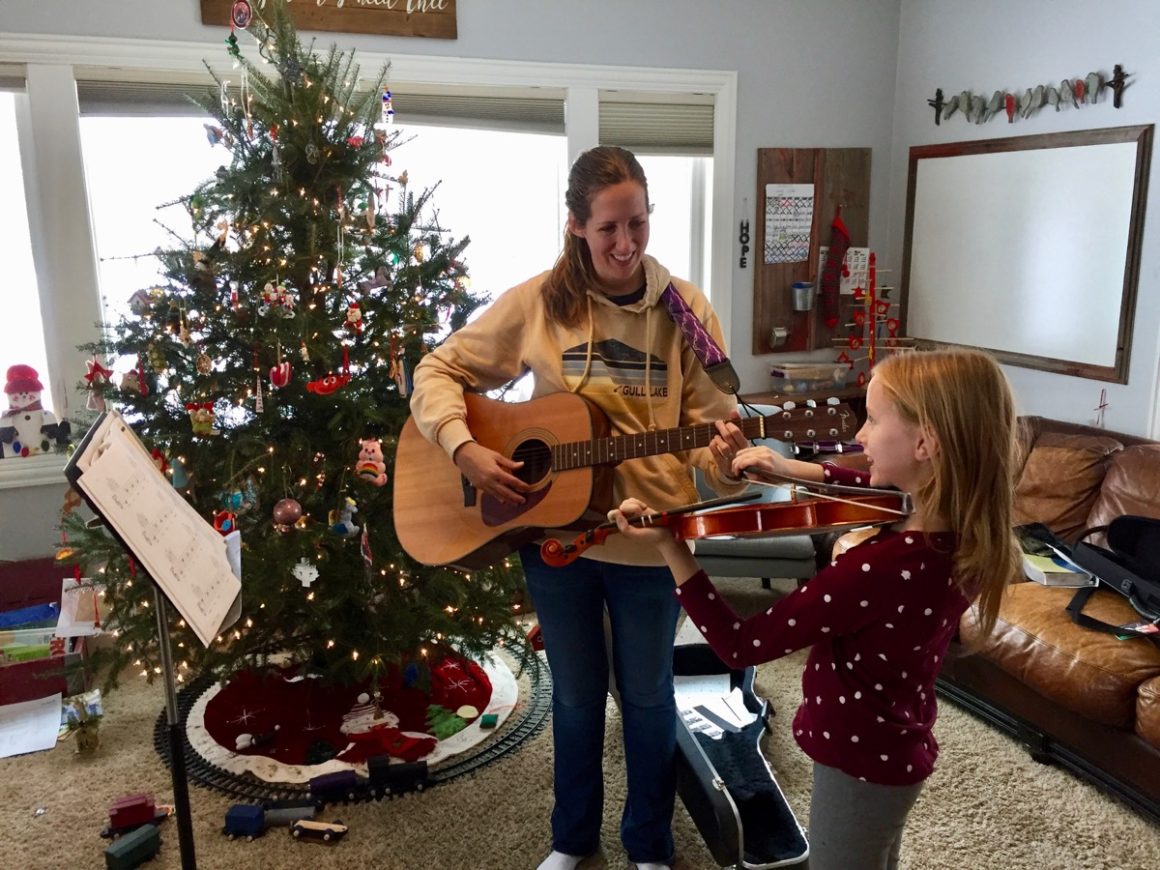
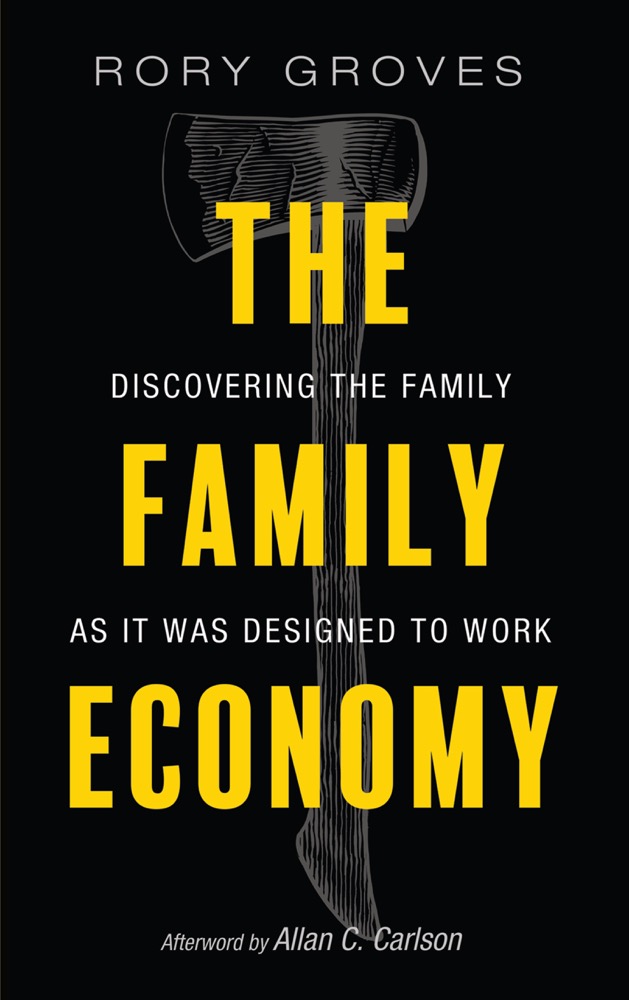
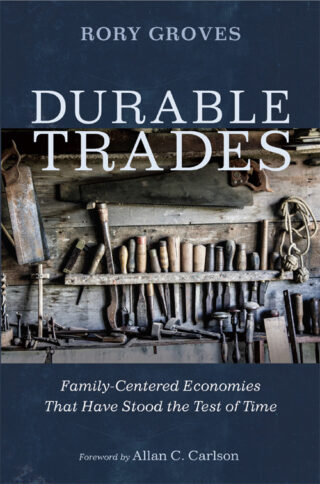
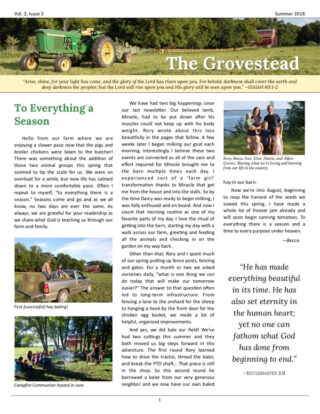
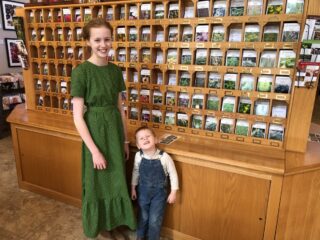

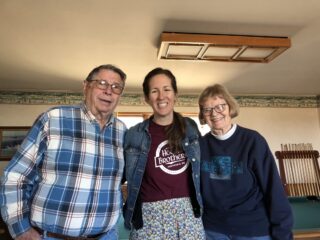


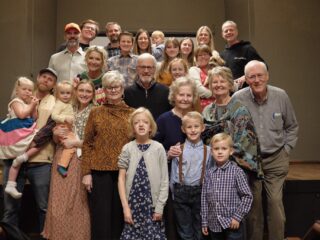


3 comments
What are the name of those composer cds that you used?
It’s called “The Story of Bach” by Vox Music Masters.
Those sound wonderful! I think I’ll get them for our homeschool?.